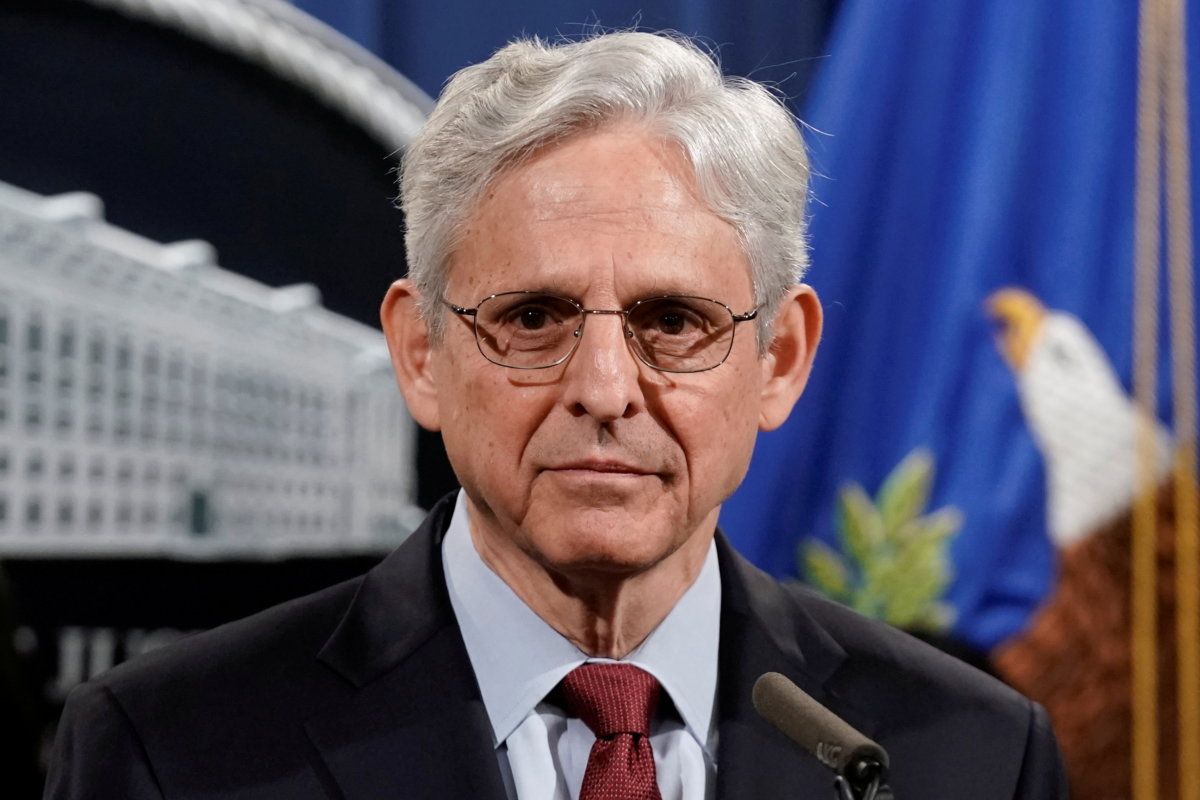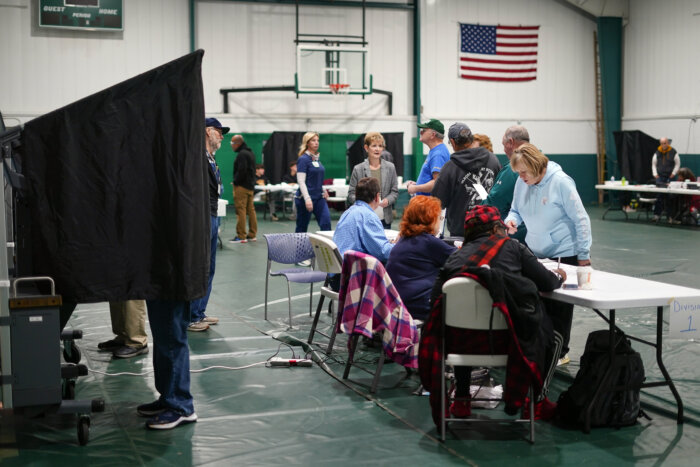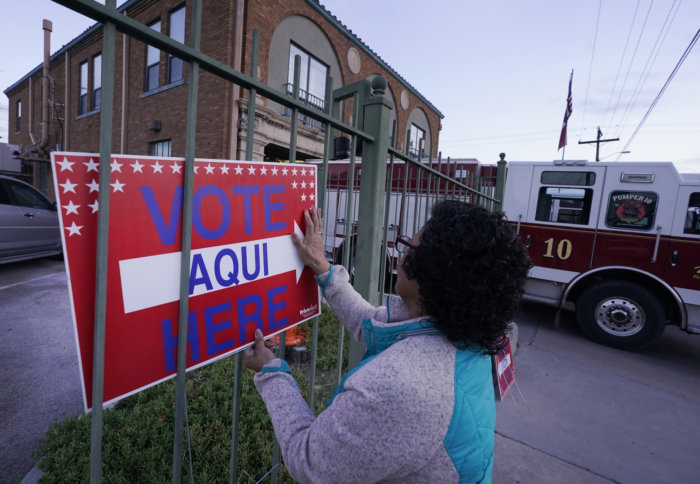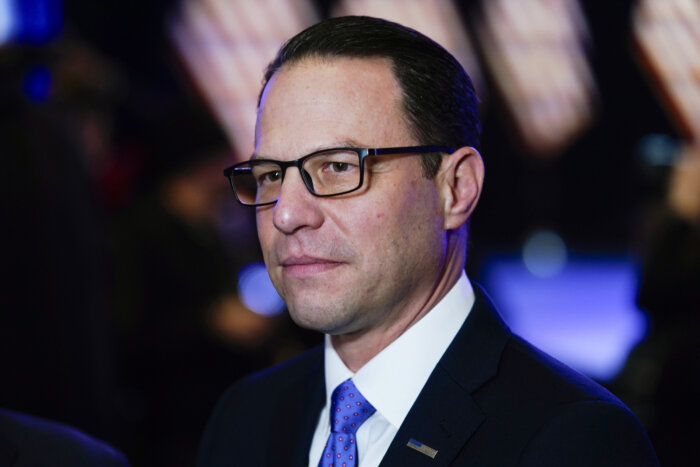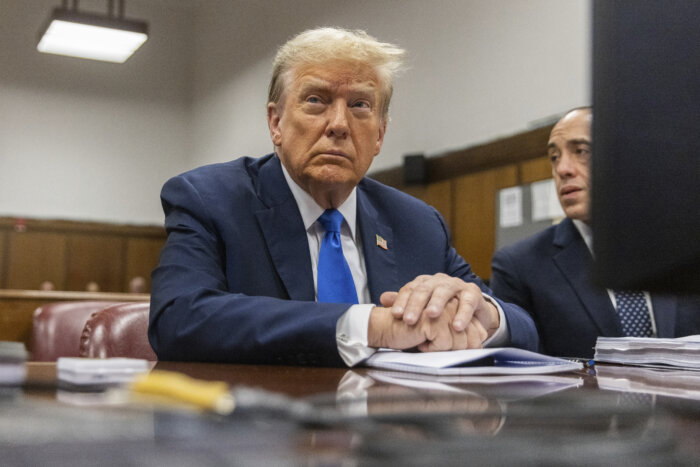By Sarah N. Lynch
Attorney General Merrick Garland formalized a new policy on Monday that broadly prohibits prosecutors from subpoenaing reporters’ phone and email records, an abrupt shift after the Trump administration secretly seized records from several major news outlets in an effort to root out leaks.
In addition to the new policy, Garland reiterated that the Justice Department would also throw its support behind new media-shield legislation to make the policy permanent.
“A free and independent press is vital to the functioning of our democracy,” the memo says. “The Department of Justice will no longer use compulsory legal process for the purpose of obtaining information from or records of members of the news media acting within the scope of newsgathering activities.”
The Justice Department last month held meetings with media executives to discuss formulating a new policy. The meetings came after several media companies – including the New York Times, CNN and the Washington Post- revealed that their reporters’ records had been seized during Republican President Donald Trump’s presidency in an effort to identify their confidential sources for national security stories.
Last month, the Justice Department’s Inspector General Michael Horowitz announced his office had launched an inquiry into the seizure both of reporters’ records, as well as the records of top Democrats in the U.S. House of Representatives including House Intelligence Committee Chairman Adam Schiff and committee member Eric Swalwell.
The Justice Department previously said it would stop the practice, but the details of the new policy had not been made public until Monday.
The memo largely protects journalists in the course of their job. However, it does contain some limited exceptions.
A journalist who is the target or subject of a criminal investigation, for instance, can still have his or her records seized in matters not connected to their “newsgathering activities,” as can someone who has used “criminal methods” to obtain the information.
However, the policy makes it clear that prosecutors cannot subpoena a reporter’s records merely because the reporter possesses or publishes classified information.
The protections also do not extend in cases where a person or entity is an agent of a foreign government, a member of a terrorist organization or if a person’s life is in “imminent risk of death or serious bodily harm.”
In a joint statement, the presidents of the Washington-based National Press Club and its nonprofit affiliate, the National Press Club Journalism Institute, lauded the memo and said it strikes the right balance between protecting reporters while also protecting classified information.
“We are grateful the attorney general has at long last squared Justice Department policy with the First Amendment,” said Lisa Nicole Matthews and Angela Greiling Keane. The First Amendment of the U.S. Constitution protects freedom of the press.
Reuters



